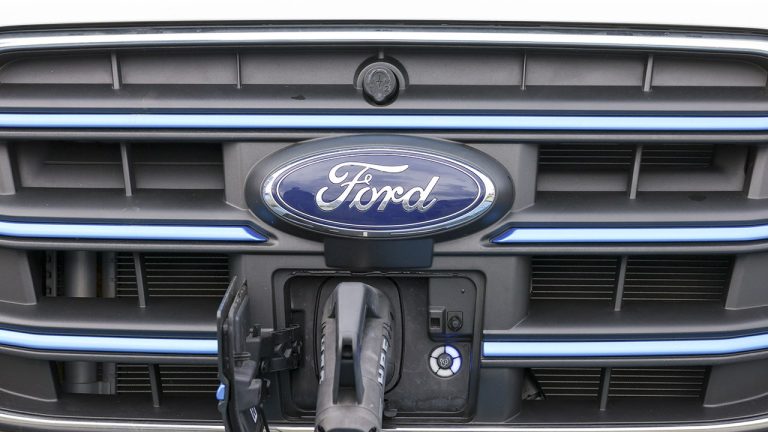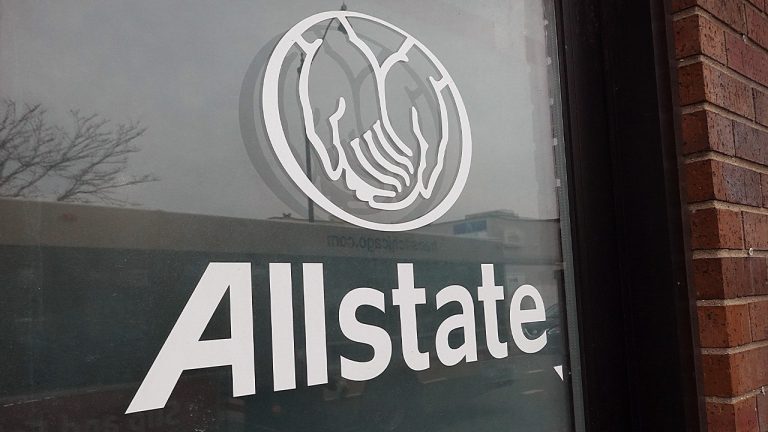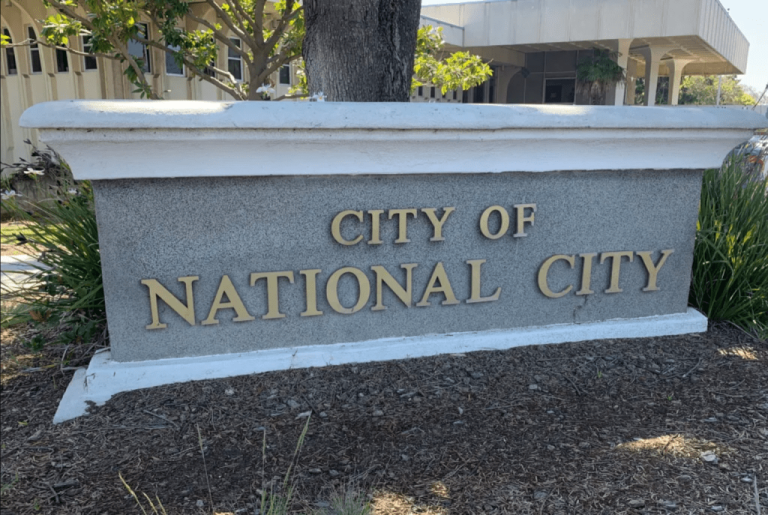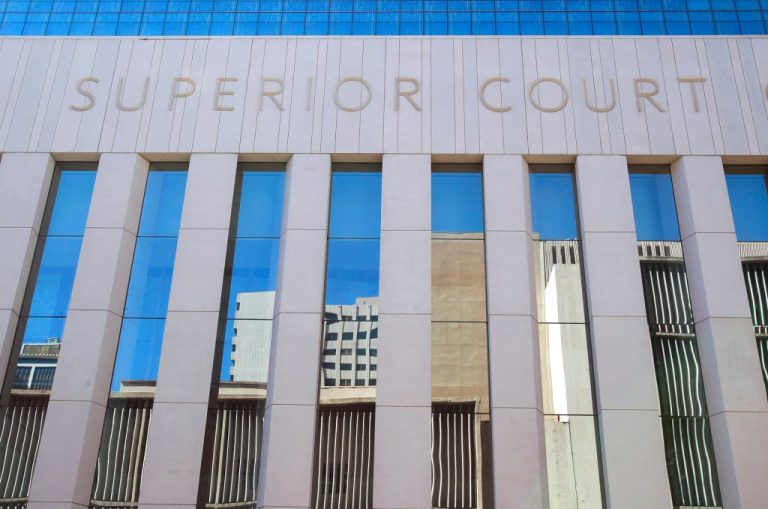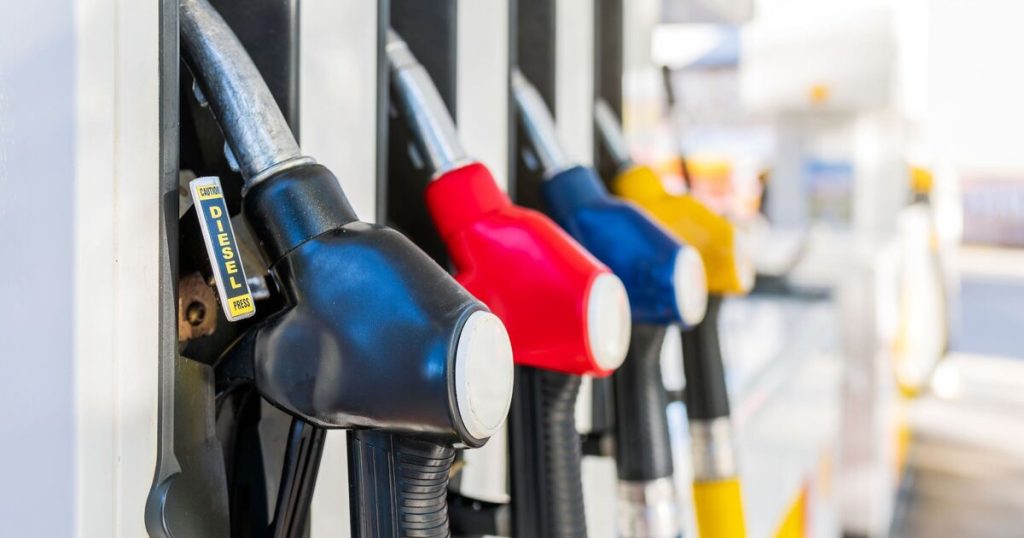
Petrol retailers, including supermarkets, are in the dock for overcharging drivers amid a lack of competition.
Government watchdogs say retailers are charging a much bigger margin between what they pay for fuel and how much they charge at the pumps than in the past.
The Competition & Markets Authority (CMA) published a study earlier this year highlighting overcharging which it put at some £1.6 billion for 2023 and it suggests this has continued in recent months.
The CMA said that, historically, Asda and, to some extent, Morrisons played a part in keeping petrol and diesel prices low by using cheap fuel as a way of attracting shoppers through the doors. This set a benchmark for other supermarkets, who were forced to cut their own prices in order to compete.
However, the CMA said Asda, in particular, has effectively withdrawn from competing on price, which means that drivers across the country are now faced with paying more.
The watchdog is calling on the new Labour government to push ahead with its recommendation to set up a new regime called Fuel Finder, which will incorporate a smartphone app that allows drivers to search for the cheapest fuel in their area.
It is hoped that this will increase competition and so ensure a return to fair prices.
In a report published today, the CMA said: “Supermarket fuel margins increased over the May to August 2024 period, up from 7.0 percent in April to 8.1 percent in August. They remain high on a historic basis, and overall are little-changed since the publication of our road fuel market study in July 2023.
“Non-supermarket fuel margins also increased over the May to August period, at 10.2 percent in August compared to 7.8 percent in April – higher than the 2023 average, and also still elevated compared to historic margins.”
Dan Turnbull, Senior Director of Markets at the CMA, said: “Drivers are paying more for fuel than they should be as they continue to be squeezed by stubbornly high fuel margins. We therefore remain concerned about weak competition in the sector and the impact on pump prices.
“With that in mind, we are pleased the government is progressing with our recommendations. These measures will empower drivers to find the cheapest fuel prices wherever they are in the UK, increase competition and support the economy – the more people save on fuel, the more they have to spend in other areas.”
Luke Bosdet, the AA’s spokesman on road fuel prices, said: “The CMA reporting that retailers continue to pump their fuel margins for extra profit will stir anger once again – particularly when set against the background of the government continuing the fuel duty freeze.”
He added that as retailers now have to pay increased National Insurance contributions, higher wages and increased energy bills, it was hard to see what a “reasonable addition” was to fuel prices, and what counted as “bloated margins”.
Looking ahead, he said: “We believe that the Government’s Fuel Finder pump price transparency scheme will eventually erode that as drivers locate and go to the cheaper forecourts, forcing rival fuel stations to lower their prices to compete. Unfortunately, it will take a year for this to come to fruition.”
RAC head of policy Simon Williams said: “It’s disappointing to hear that the CMA is still concerned about competition among fuel retailers, and that margins remain higher than historic levels – especially after it announced this summer that drivers were overcharged by £1.6bn in 2023.
“We hope the introduction of the government-backed fuel finder scheme next year will succeed in driving greater competition and enable drivers all around the UK to benefit from fairer prices. In the meantime, cost-conscious drivers can download the free myRAC app and use it to find the cheapest fuel near them.”
Petrol retailers argue that one of the reasons for the larger operating margin is because they have faced other increases in the cost of doing business, such as higher wages.
However, the CMA said: “During our market study we found that changes in operating costs were not a driver of increases in average fuel margins for large retailers.”
The Petrol Retailers Association said: “PRA members are committed to keeping pump prices as low as possible and operate in a highly competitive environment which is affected by a range of factors, including cost increases for retailers and geopolitical events.”



